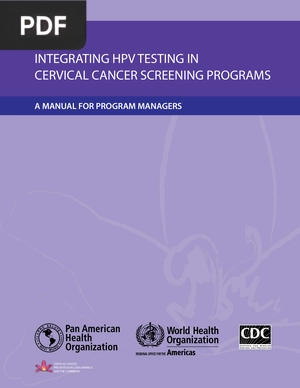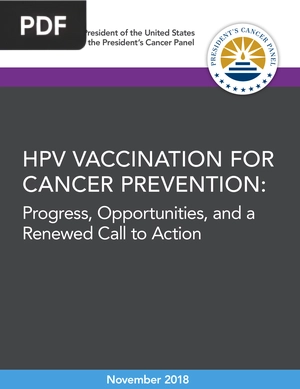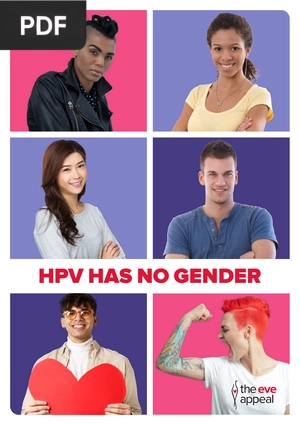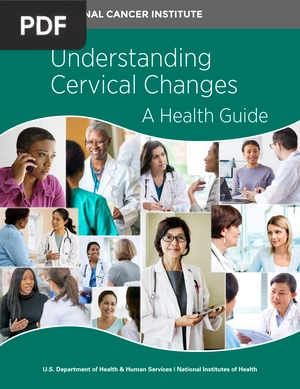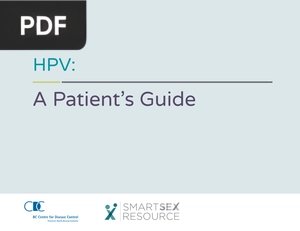Frequently Asked Questions on HPV
Author: Pan American Health Organization
*Please wait a few seconds for the document to load; the time may vary depending on your internet connection. If you prefer, you can download the file by clicking the link below.
Loading PDF...
Document Details
Title: Frequently Asked Questions on HPV
Author: Pan American Health Organization
Pages: 27
Size: 0.89 MB
Format: PDF

